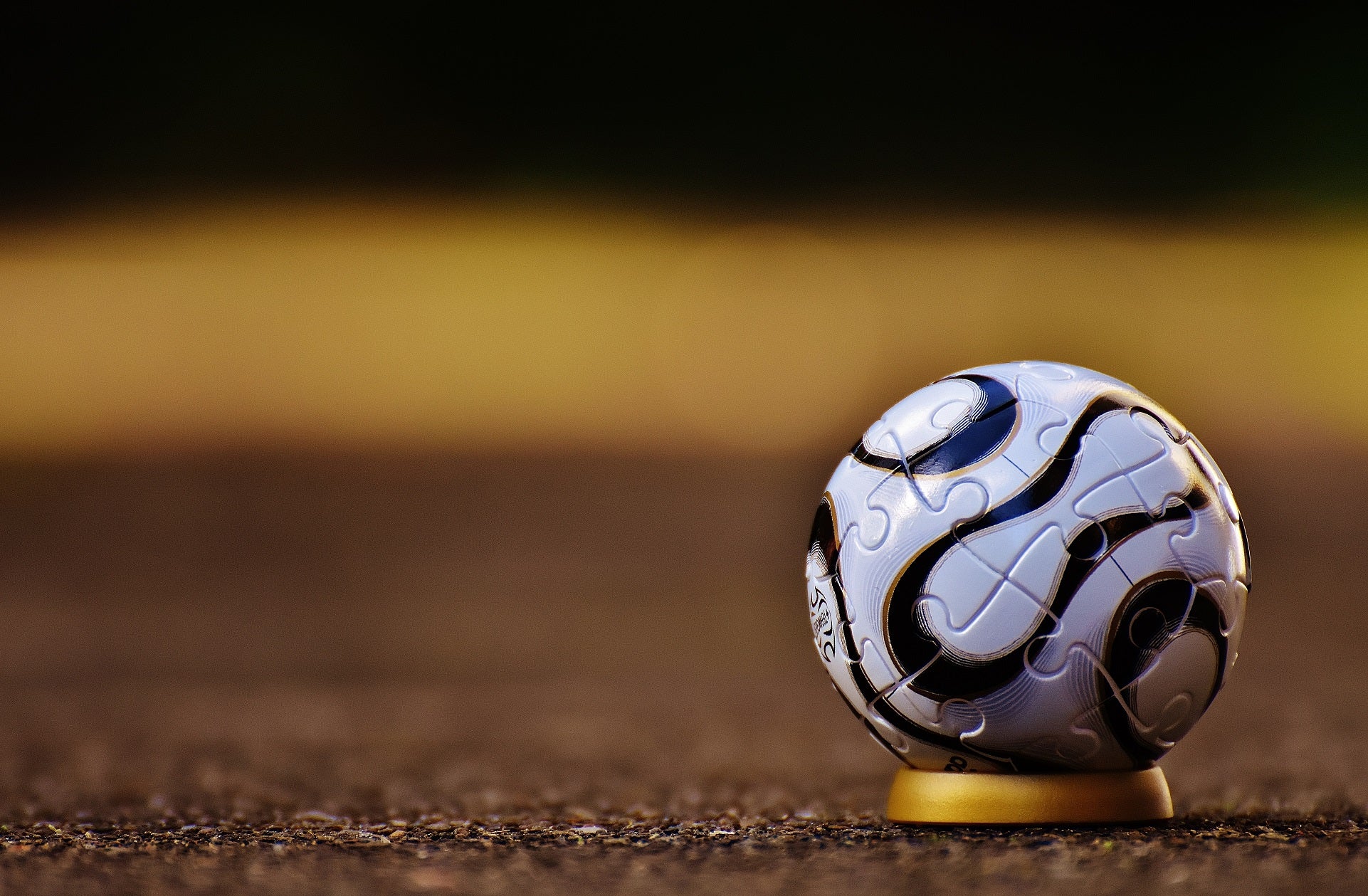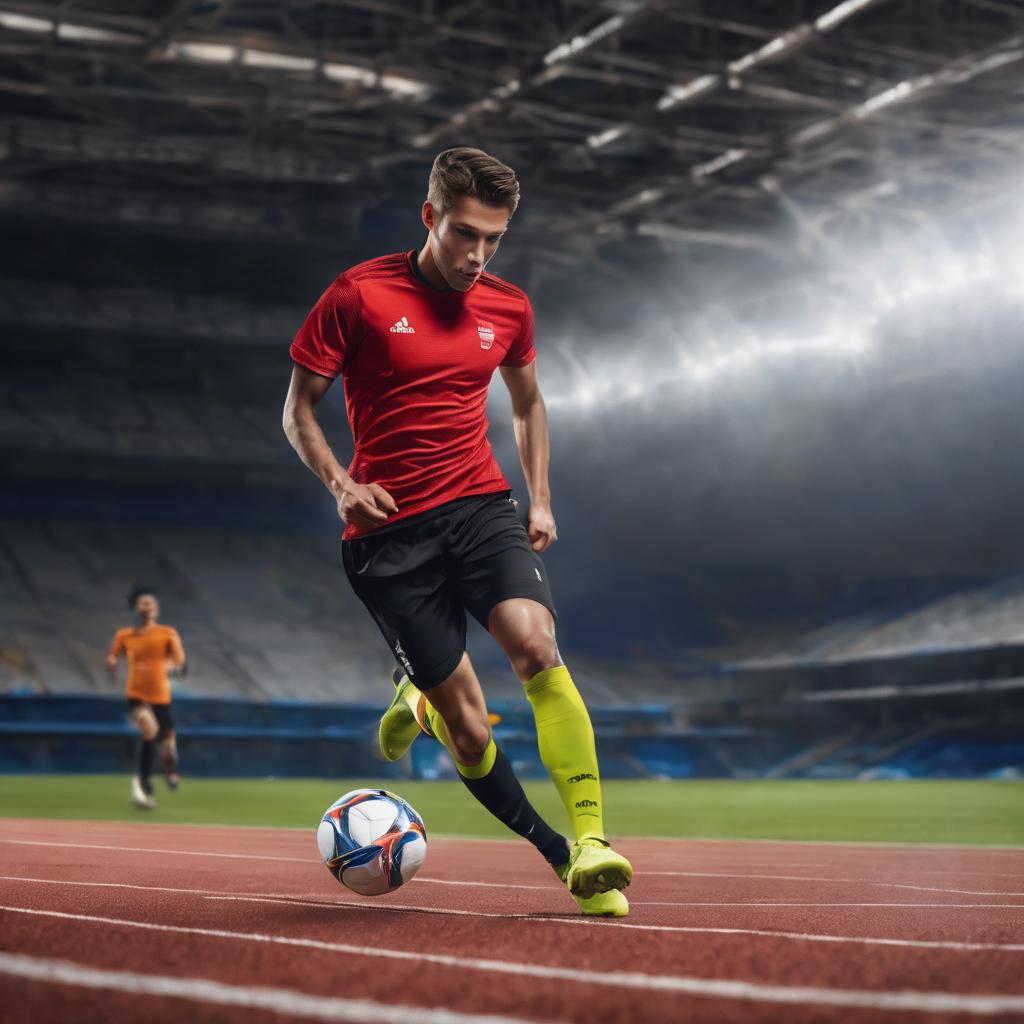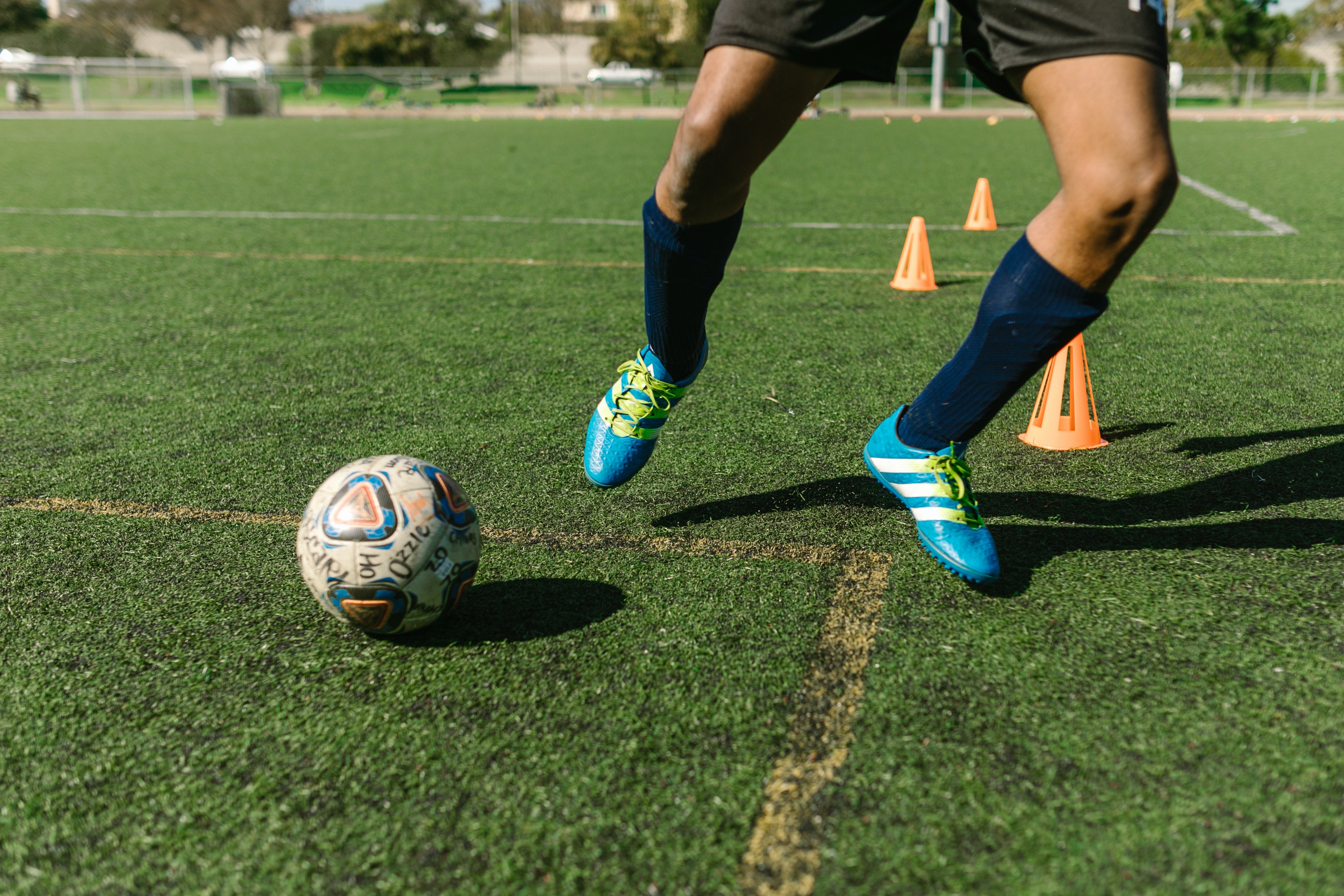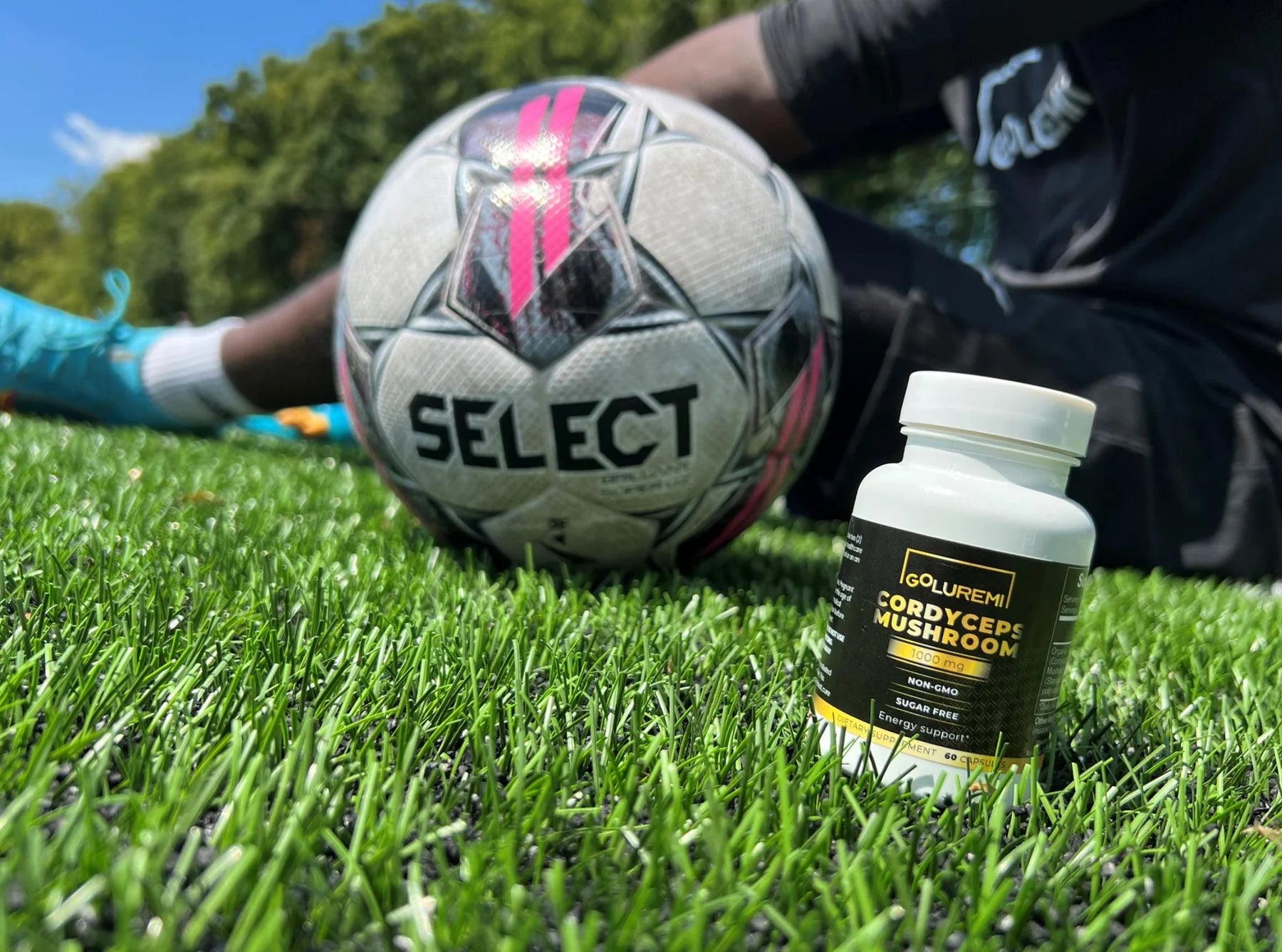How to Get Faster at Running for Beginners: Tips, Training Plans, and Form Advice


Running for Beginners: Where to Begin Your Journey
Are you a beginner eager to lace up your running shoes and hit the track, but not sure how to get started or improve your speed? Fear not! Becoming a faster runner is achievable, and this guide will show you how. Remember, as soccer legend Cristiano Ronaldo once said, "Talent without working hard is nothing." Let's kick off your running journey with these essential tips.
Running Tips for Beginners: Lay the Foundation
Before diving into a detailed training plan, you should build a strong foundation. Here's how:
1. Choose the Right Footwear: Just as a soccer player relies on proper cleats, a runner needs suitable shoes. Visit a specialty store to find the right pair that matches your foot type and running style.
2. Set Realistic Goals: As the great Lionel Messi once noted, "Goals are only important if they win games." Start with achievable goals. Whether it's completing your first mile or shaving seconds off your time, setting realistic targets will keep you motivated.
3. Warm-Up and Cool Down: Proper warm-ups and cool-downs are as essential as stretching in soccer. Spend a few minutes loosening up your muscles with dynamic stretches before your run and static stretches afterward to prevent injuries.
4. Maintain Good Nutrition: Like soccer players fueling their bodies for the game, runners need the right nutrition. Incorporate a balanced diet with carbohydrates, proteins, and healthy fats to keep your energy levels up.

Beginner Running Training Plan: Step-by-Step Progression
Now that you're ready to start, let's lay out a beginner's training plan inspired by soccer's gradual skill development:
Week 1-2: The Dribble Stage
Focus on consistency over speed. Run at a comfortable pace for 20-30 minutes, three times a week.
Gradually increase your running time by 5 minutes each week.
Remember the words of soccer icon Pelé: "Success is no accident. It is hard work, perseverance, learning, studying, sacrifice, and most of all, love of what you are doing or learning to do."
Week 3-4: The Pass Stage
Introduce intervals: alternate between 2 minutes of running and 2 minutes of walking.
Complete this cycle for 20-30 minutes, three times a week.
As David Beckham once said, "I'm a great believer in luck, and I find the harder I work, the more I have of it."
Week 5-6: The Shoot Stage
Increase your running intervals to 3 minutes, still with 2 minutes of walking in between.
Aim for a total of 30-40 minutes of exercise, three times a week.
Focus on maintaining proper running form, which we'll discuss shortly.
Week 7-8: The Goal Stage
Run continuously for 30-40 minutes at a steady pace.
Maintain your three sessions per week.
Track your progress, as soccer star Mia Hamm advises: "Set your goals high, and don't stop till you get there."
Running Form for Beginners: The Key to Speed
Improving your running form can make a world of difference in your speed and endurance. Consider the following tips:
1. Posture: Just as a soccer player needs balance, runners must maintain a straight posture. Keep your head up, shoulders relaxed, and back straight.
2. Arm Swing: Think of your arms as the engine that propels you forward. Keep them bent at a 90-degree angle, and let them swing naturally as you run.
3. Stride Length: Avoid overstriding; take shorter, quicker steps. This reduces the risk of injury and helps maintain speed.
4. Foot Strike: Land midfoot, not on your heels or toes. This reduces the impact on your joints and improves efficiency.
5. Breathing: Coordinate your breath with your stride. Inhale and exhale rhythmically to maintain a steady pace.
As sprinting sensation Usain Bolt once famously declared, "Worrying gets you nowhere. If you turn up worrying about how you're going to perform, you've already lost."

Fine-Tuning Your Speed: Advanced Tips
Once you've mastered the basics, it's time to fine-tune your speed like a professional soccer player refining their skills:
1. Incorporate Speed Work: Add interval training to your routine. Run at a faster pace for a short burst, then recover at a slower pace. This trains your body to handle higher speeds.
2. Hill Training: Running uphill strengthens your leg muscles and builds endurance. Downhill running can improve your leg turnover rate.
3. Strength Training: Include strength exercises like squats and lunges in your weekly routine to improve leg power.
4. Plyometrics: These explosive exercises can boost your running speed and agility, just like soccer drills improve a player's agility and explosiveness on the field.
5. Mental Toughness: Remember, running faster isn't just about physical ability; it's also about mental resilience. As soccer legend Zinedine Zidane once said, "In football, the hardest thing is to play simple, but it's the most effective."

Conclusion: Your Journey to Speed
In conclusion, becoming a faster runner as a beginner is an achievable goal with the right approach. Just as soccer players dedicate themselves to the sport, your commitment, hard work, and perseverance will pay off in your running journey. Remember the words of Cristiano Ronaldo, "Your love makes me strong. Your hate makes me unstoppable." Use any challenges you encounter as motivation, and keep striving to improve your running speed. With patience and determination, you'll soon see significant progress in your running abilities.
So, lace up those running shoes, follow these tips, and watch yourself sprint towards your running goals with the confidence of a seasoned soccer player on the field.












